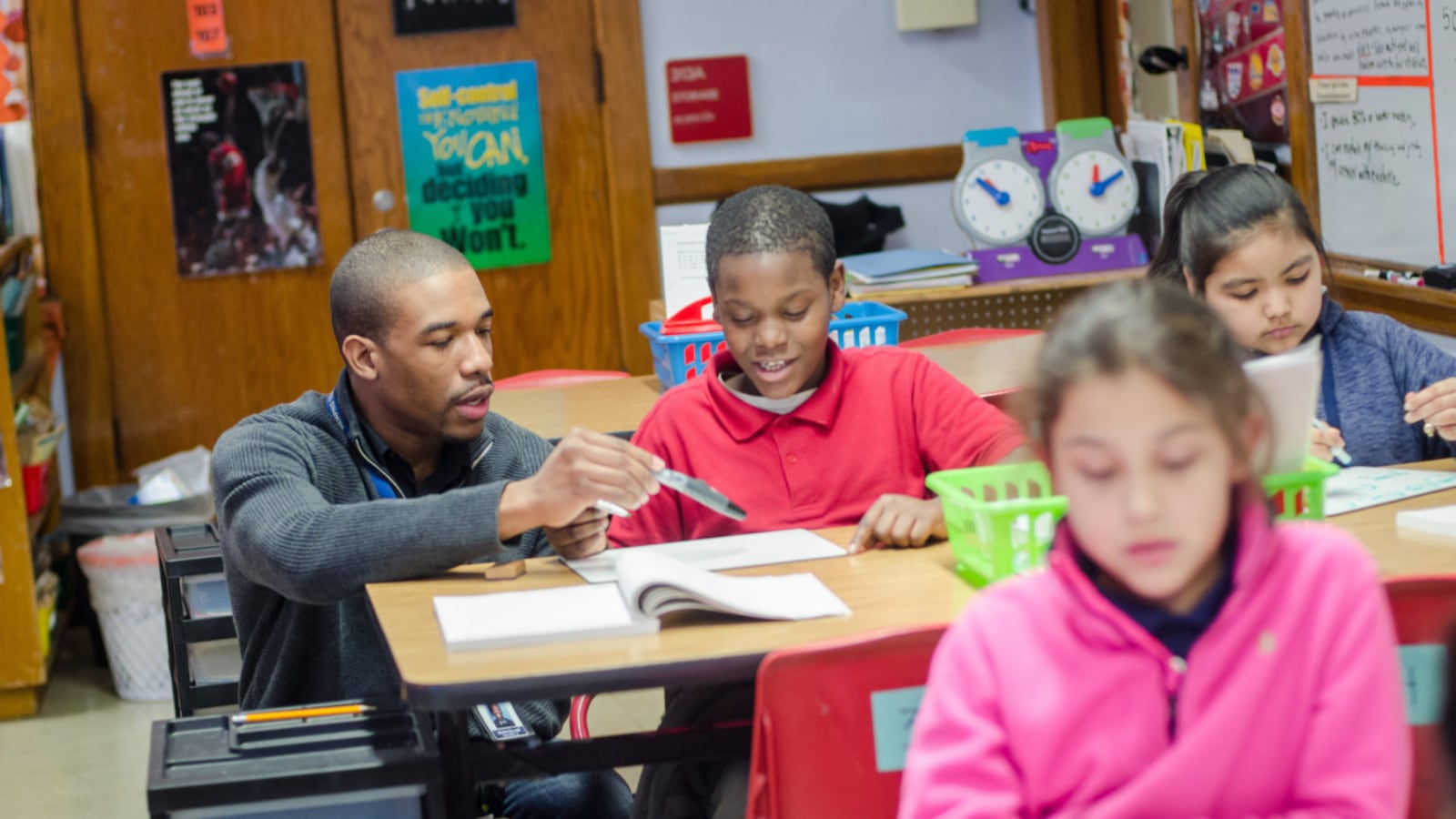“I don’t feel like these schools have prepared me for college,” Darius, an African-American high school junior from my Memphis neighborhood, told me recently.
How should we address this problem? In Tennessee, Gov. Bill Lee has signed into law a voucher-like program in the form of educational savings accounts. These ESAs will assist families to opt out of district or charter schools to choose options such as private schools, tutoring, and other private options.

As a Memphis teacher, I have reservations.
I’ll start by saying that I think families having the opportunities to choose what is best for their children is a worthy goal. Healthy competition can be a good thing.
I also have real worries about whether our schools are doing enough for students like Darius. The Tennessee Department of Education indicates that only 17.7% of graduating seniors from my Shelby County district are ready for postsecondary education and a career, compared to 35.8% of seniors across the state.
Still, my experience with my students, their families, and my colleagues has convinced me that sending more of our students to private schools is not the answer.
For one, few of the low-income families I work with will be able to take advantage of this program to begin with. Vouchers aren’t likely to cover full tuition, and the lack of consistent and reliable transportation will pose a serious issue, too. This is true reality for the families that I serve.
Secondly, I teach predominantly low-income African-American and Latino students, and we make a huge effort to meet their specific needs. Who knows whether private schools will do the same — or if anyone will notice if they don’t.
My school is part of the iZone, a turnaround effort designed to move schools from the bottom 5% in achievement to the top 25% across the state. Testing has been critical to help us measure success and make adjustments along the way. I cannot imagine one of my students failing the state’s TNReady test one year and not having to take the assessment to demonstrate progress the following year.
Sending these students to schools that don’t have to take the same number of tests doesn’t seem like the way forward in this battle for equity, especially since researchers have found that test scores from voucher students in Indiana and Louisiana have not shown meaningful improvement. In one instance, private students had lower math scores during the first three years of the voucher program.
It’s not at all clear whether private schools that serve mostly affluent students will accept payment from these ESAs. But if they do, I know that when someone walks into a wealthy environment, the pressure to acclimate to that culture is high.
I worry, then, about my students who crave culturally relevant lessons. In my classroom, I adopt a “reality pedagogy,” the term coined by Columbia University professor Christopher Emdin referring to teaching focused on the “cultural understandings of students within a particular social space.”
This doesn’t mean that I am assuming what my students need based on stereotypes. I am actually asking my students how I can make the content relevant to their lives. I never want my kids to feel disconnected from the curriculum because I have not put in the time and effort to make sure their experiences and opinions matter.
If someone never or rarely works with students like mine, there is likely going to be a stark difference on what they may think an exemplar student should resemble with regard to speech and dress. My fear is if my students go to a certain private school for a “better” education, they will have to lose themselves or their preferences.
Meanwhile, will my students with disabilities truly have school choice at all? Students give up the protection of federal disability laws when they arrive at private schools.
Teaching my students requires learning their stories, resisting the “savior complex,” having a sense of urgency about helping them be successful, and having high expectations for their futures.
It also means understanding the world they live in. When I received training as a resident teacher through the Memphis Teacher Residency, we were taught about the legacies of racism in Memphis and bias in education. Would private school teachers be exempt from this type of training? Would they feel they need it?
Our chief priority should be helping the most vulnerable in our public educational system get the best school experience they can. I don’t see how school vouchers will address this conundrum for my students and their families.
Neven Holland is a fourth-grade math teacher at Treadwell Elementary in Memphis.
About our First Person series:
First Person is where Chalkbeat features personal essays by educators, students, parents, and others trying to improve public education. Read our submission guidelines here.

